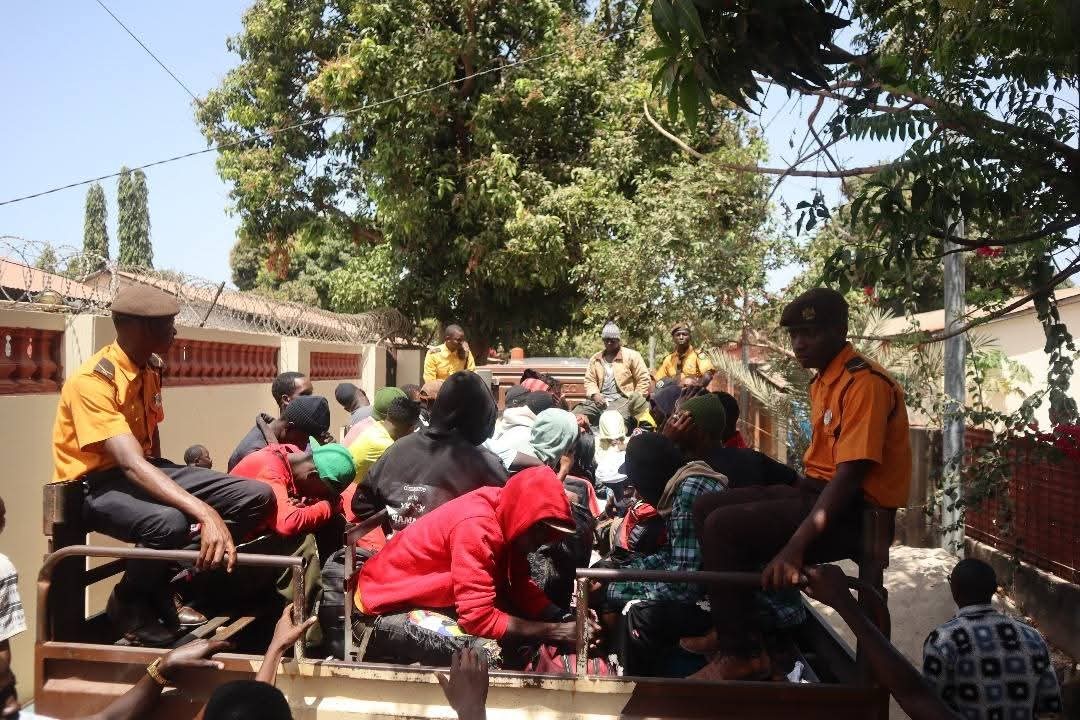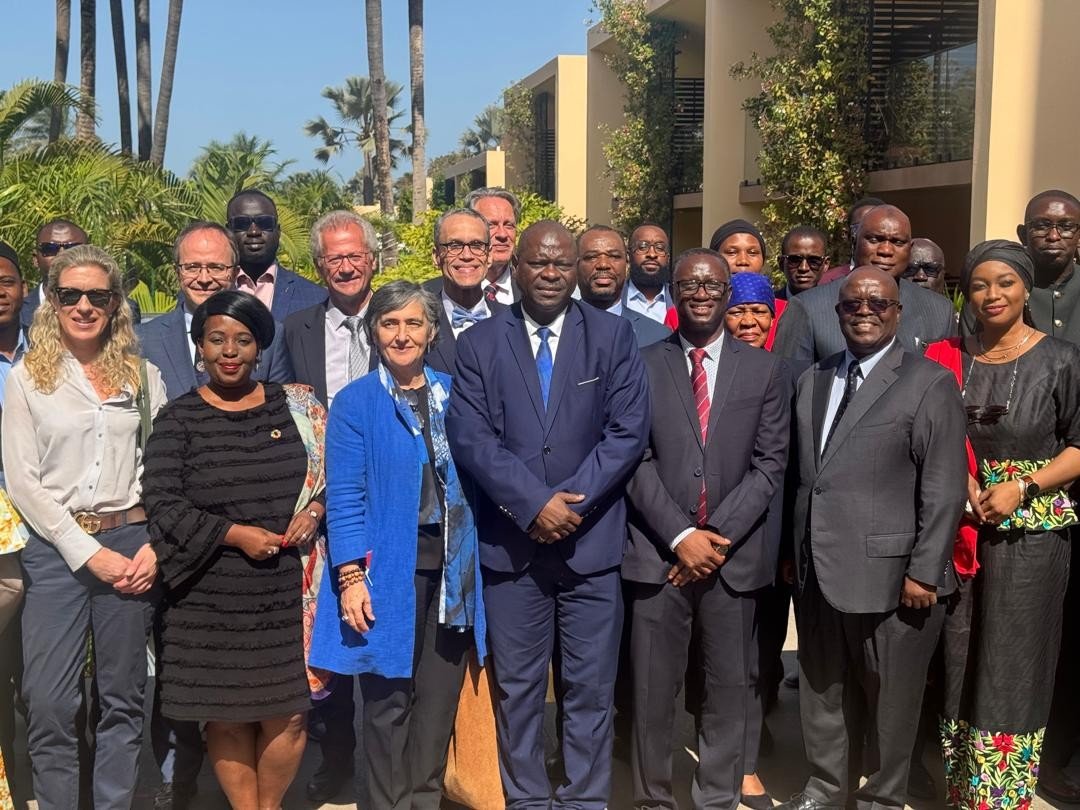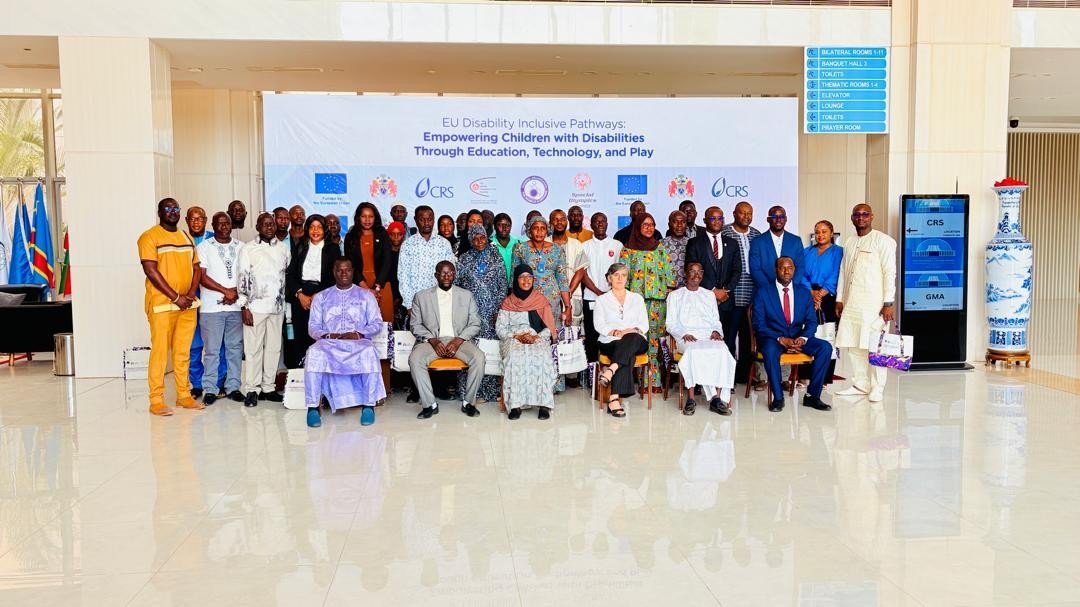In a coordinated security operation, the Gambia Immigration Department (GID), in collaboration with other security services, on March 21, 2025 intercepted 75 would-be migrants in Yarambamba in the West Coast Region. The operation was initiated following intelligence reports received a day earlier, highlighting unusual movements in the area.
According to GID officials, the migrants were found in a compound reportedly rented by a Senegalese national, Abdoulaye Diop. The group comprised 34 Senegalese, 35 Guineans, four Gambians, and two Bissau Guineans. Among them were 63 males, 12 females, and four minors. The intercepted individuals have since been transferred to the Migration Management Unit in Tanji for further investigations.
The leadership of the Gambia Immigration Department commended its officers, security partners, and the community of Yarambamba for their cooperation and vigilance in tackling irregular migration. This latest interception underscores the persistent challenge of unauthorised migration despite the well-documented dangers and increasing efforts by authorities to curb the practice.
Despite numerous awareness campaigns and enforcement efforts, young people in The Gambia and neighbouring countries continue to embark on dangerous migration routes, often facilitated by smugglers who exploit their desperation. The so-called “Backway” journey to Europe through the Sahara Desert and the Mediterranean Sea has claimed countless lives over the years. Yet, for many youths, the lack of viable economic opportunities at home outweighs the risks associated with these perilous trips.
Unemployment remains a major driving force behind irregular migration in The Gambia. Many young people struggle to find sustainable jobs, pushing them to seek opportunities abroad, often through illegal and unsafe means. While some succeed in reaching their intended destinations, many face harrowing experiences, including human trafficking, detention, or even death along the way.
The Gambian government and international partners have implemented various initiatives aimed at curbing irregular migration. Programs focused on vocational training, entrepreneurship, and youth employment schemes have been launched to provide alternative opportunities. However, the demand for jobs still far exceeds available opportunities, leaving many young people frustrated and willing to take extreme risks for a chance at a better life.
Security operations such as the recent interception in Yarambamba serve as short-term deterrents, but they do not address the root causes of migration. Experts argue that a more sustainable approach that prioritizes economic empowerment, education, and skill development for young people is needed to avert the situation.
Authorities continue to urge the youth to explore legal migration pathways and take advantage of skill-building initiatives. However, until more substantial employment opportunities are created, the cycle of irregular migration is likely to persist.
Meanwhile, investigations into the latest case remain ongoing, with authorities working to uncover any smuggling networks involved in facilitating the movement of the intercepted migrants.






